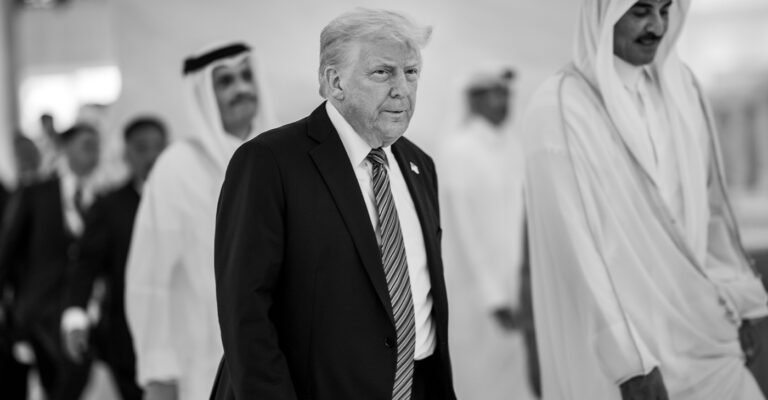By Stacy M. Brown
Black Press USA Senior National Correspondent
Donald Trump entered the White House in January declaring he would end America’s “forever wars.” This weekend, he may have launched a new one.
In a move that sent shockwaves across the globe and raised alarms in every major capital, Trump authorized airstrikes on Iranian nuclear sites — reportedly in coordination with Israeli forces — without consulting Congress or offering any substantive explanation to the American public. The decision has drawn furious backlash at home and abroad, with critics charging that Trump has once again acted recklessly, and this time may have lit the fuse on a broader war — possibly even World War III.
Yemen’s armed forces have now formally entered the conflict, pledging allegiance to Iran and declaring war on both the United States and Israel. Brigadier General Yahya Saree, spokesperson for the Yemeni Armed Forces, issued a chilling warning that “Yemen is officially entering the war (against the United States and Israel). Keep your ships away from our territorial waters.”
The Yemeni government cited the U.S. airstrikes and what it called an unprovoked campaign of aggression by Israel across Gaza, Lebanon, Syria, and Iran. The strikes, launched June 13, were confirmed to have targeted three reported Iranian nuclear facilities.
International condemnation was swift.
Russia blasted the attacks as “irresponsible” and a “gross violation of international law.” France said it was “not involved,” urging restraint. The United Nations Secretary-General António Guterres warned of “catastrophic consequences for civilians, the region, and the world.” Even longtime allies like the United Kingdom offered only tepid support, with Prime Minister Keir Starmer saying, “Iran can never be allowed to develop a nuclear weapon,” while also calling for a return to diplomacy.
In Israel, however, Trump’s actions were met with praise. Prime Minister Benjamin Netanyahu called the operation a “coordinated effort” with U.S. forces and thanked Trump personally in a pre-recorded video. Former Defense Minister Yoav Gallant hailed it as a bold move “for all of humanity.”
Back in the U.S., lawmakers and advocacy organizations have responded with fury.
Democratic Leader Hakeem Jeffries issued a blistering statement.
“Donald Trump promised to bring peace to the Middle East. He has failed to deliver on that promise, Jeffries insisted. “He misled the country, failed to seek congressional authorization, and risks American entanglement in a potentially disastrous war in the Middle East.”
Senator Reverend Raphael Warnock of Georgia added, “With thousands of American troops at risk for potential retaliation, this is not ‘the art of the deal.’ This is war.”
Congresswoman Maxine Waters labeled Trump “a president out of control,” and warned that bombing Iran without Congressional approval “is tantamount to a declaration of war.”
Outside of Congress, civil rights and advocacy organizations also condemned the strikes. MoveOn Civic Action called it “illegal,” declaring Trump “broke the law and his campaign promises.”
Nihad Awad, executive director of CAIR, issued one of the strongest rebukes.
“This attack, carried out under pressure from the out-of-control Israeli government, took place despite the longstanding conclusion by our nation’s intelligence community that Iran was not seeking nuclear weapons, he stated.
Awad compared Trump to George W. Bush, stating that Trump, like Bush before him, is “dragging our nation into unnecessary and catastrophic wars,” pushed by Israeli leadership and hawkish U.S. advisors.
The International Atomic Energy Agency has confirmed there was no detected radiation from the bombed sites but will hold an emergency session to assess the full fallout.
And while Saudi Arabia called for diplomacy, governments across the Arab and Muslim world — from Iraq to Pakistan — warned the strikes could destabilize the entire region.
The United States now stands at the center of a firestorm — one of its own making — with Iran, Yemen, and possibly others drawing battle lines. And Trump, who once vowed to keep the U.S. out of foreign conflicts, is now being held directly responsible for risking the very war he once promised to avoid.
“The people deserve to hear more than they’ve heard so far., Warnock demanded. “And the Constitution requires a much more serious engagement with their representatives.”







